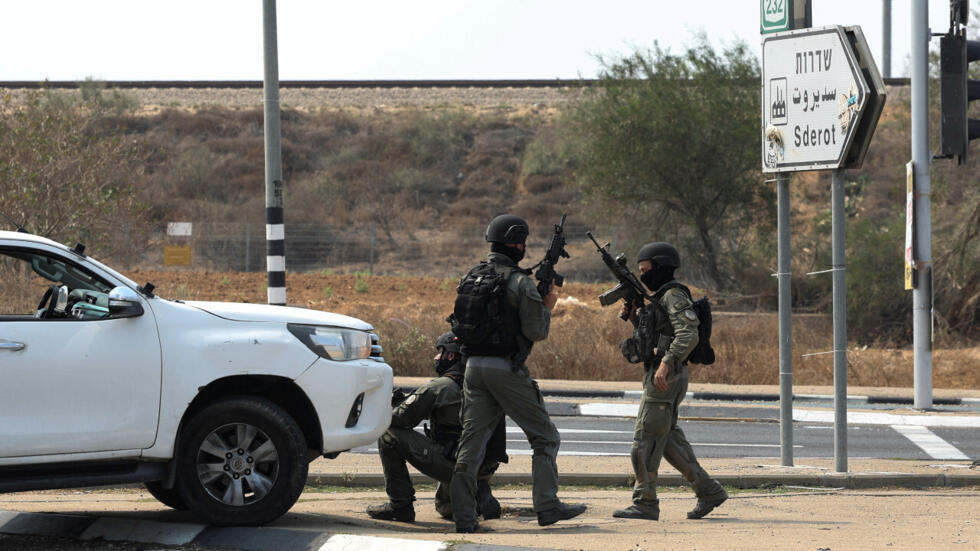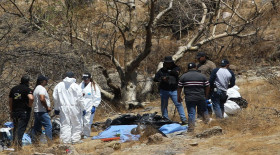Amid a second day of fighting between Israel and Palestinian militants, according to local media and Israeli authorities, an Egyptian policeman shot and killed two Israeli tourists and their Egyptian tour guide on Sunday.
After the incident in Egypt, the National Security Council of Israel advised its nationals to think twice about traveling, especially in the Middle East.
It advised those already in Egypt to depart "as soon as possible."
According to Extra News, a state-affiliated private television station, the policeman used "his personal weapon" and opened fire "at random" on an Israeli tour group visiting Alexandria.

Did you read this?
In addition, the policeman was "immediately arrested," and a fourth person was hurt.
In a statement, the Israeli Foreign Ministry acknowledged the fatalities.
"This morning during a visit of Israeli tourists in Alexandria, Egypt, a local opened fire at them, murdering two Israeli citizens and their Egyptian guide," claimed the statement.
"In addition, there is a wounded Israeli in moderate condition."
The National Security Council of Israel said that "there is a fear of a rise in motivation of terrorist groups and lone assailants" who would target Israelis overseas.
.jpg)
Cairo did not immediately respond to inquiries on the tourist attack.
The deaths occurred as the battle raged following a multi-pronged attack on Israel by Palestinian militants on Saturday. Israel has declared war on the Hamas movement and begun airstrikes on Gaza.
Egypt has historically acted as a go-between for Israel and the Palestinians, having been the first Arab nation to reach a peace agreement with Israel in 1979.
Despite the official ties, Israel continues to be primarily unpopular among Egyptians. Israeli tourists frequently travel to Egypt.
According to the Egyptian army, an Egyptian security force member crossed the border "in pursuit of drug traffickers," killing three Israeli troops in a gunfight at the Egyptian-Israeli border in June.
On Saturday, Abdel Fattah al-Sisi, president of Egypt, warned about a "vicious cycle of tensions threatening regional stability and security."









